Gambling is part of human nature, if history is anything to go by. Gambling in one form or another has been around since the Paleolithic period, i.e., the Stone Age. This was before we could write.
The earliest six-sided dice date back to around 3000 BC in Mesopotamia. Mesopotamia is a historical region which today corresponds to most of Iraq. The region also included parts of modern Saudi Arabia, Syria, Kuwait, and southeastern Turkey.
Gambling houses existed all over China about 1000 BC. There were many forms of gambling at the time, including events where people placed bets on animal fights.
In the 10th century AD, dominoes and lotto games appeared in China. Historians say that gambling in Japan began during the 14th century. There may have been betting in Japan beforehand, but there are no historical records before that period.
Gambling is the practice of playing games of chance for a stake, i.e., betting. In most cases, people bet with money.
Gambling means: “Betting money in a game of chance, a sporting event, or a race. To gamble means to risk money on the result of something.”
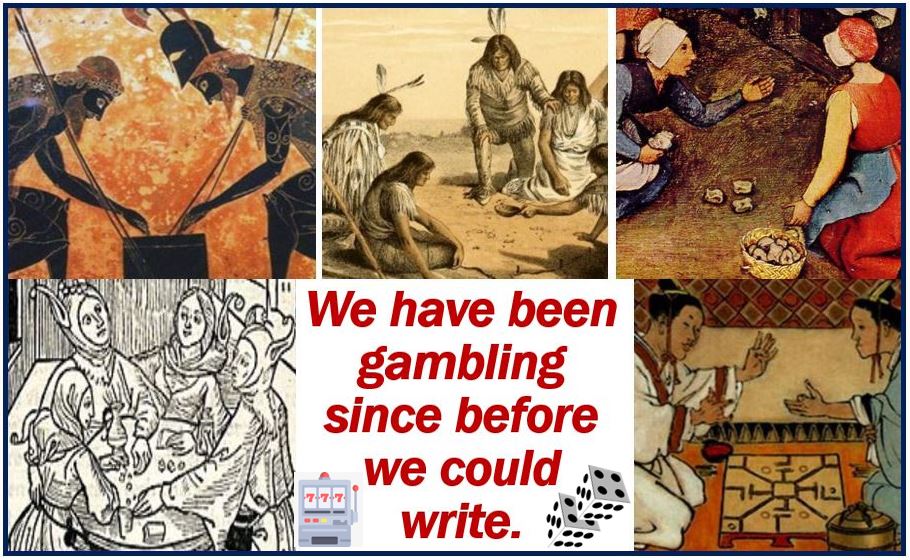
History of poker
Wikipedia says that poker was born in the United States during the early nineteenth century. Some historians say that the game is a direct derivative of As-Nas, a Persian game. However, David Parlett, a British games scholar, started challenging this notion in the 1990s.
The Online Etymology Dictionary says that ‘poker,’ an American English work, perhaps originated from the German word Pochspiel, which was a card game similar to poker.
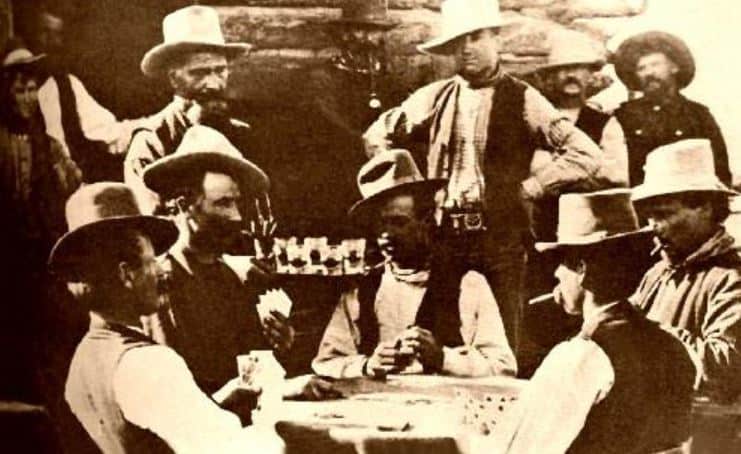
Some people say that the name came from the French game Poque, which was similar to poker.
The term poker face first emerged in the English language in 1874. If somebody has a poker face, it means that their face has a deadpan expression, i.e., an impassive expression, that hides their true feelings.
History of bingo
There is an Italian lottery – Lo Giuco del Lotto D’Italia – which historians say started in 1530. Italians still play it today. Gambling scholars say that the game was a precursor of bingo.
The Italians introduced the game to France in the late 1770s, where French people called it Le Lotto. In France, it was a game played among wealthy people.
In Germany in the 1800s, there was a version of the game which parents and teachers used to help children learn spelling, history, and mathematics.
Americans originally called the game ‘beano.’ The dealer selected discs from a cigar box while players marked their cards with beans. The winner would shout ‘beano!’
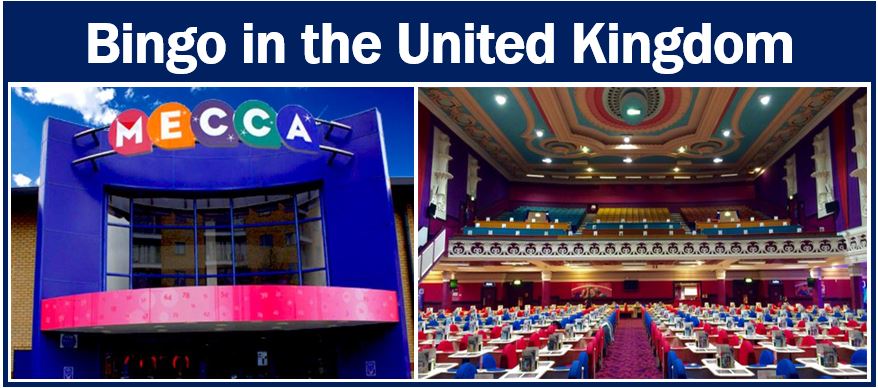
Bingo, a form of gambling, is extremely popular worldwide. In the United Kingdom, approximately 3.8 million people are regular bingo players.
Before the Internet, people played the game in bingo halls, charity events, and even in church halls. Today, it is a very popular online game.
The following variations of bingo originated in the United States. Shotgun bingo, u-pick’em bingo, quick shot bingo, Facebook bingo, horse racing bingo, and bonanza bingo.
History of roulette
‘Roulette’ is a French word that means ‘little wheel.’ Gaming scholars say that the first form of roulette emerged in France in the eighteenth century.
Some historians claim that Blaise Pascal, a French mathematician, physicist, and inventor, introduced a primitive form of the game in the 17th century while he was searching for a perpetual motion machine.
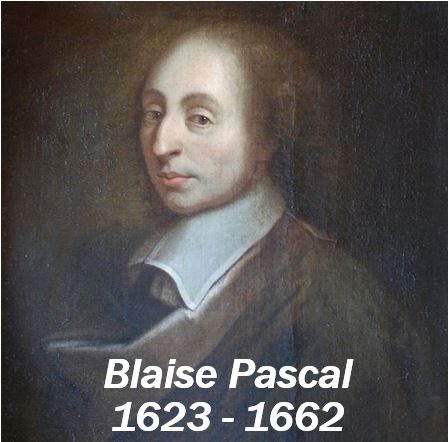
The mechanism of roulette is a hybrid of the Italian game Biribi and a gambling wheel that was invented in 1720.
People have been playing roulette in its current form since 1796 in Paris.
Author Jacques Lablee’s novel, La Roulette, our le Jour, described a roulette wheel in the Palais Royal in Paris in 1796.
History of blackjack
‘Twenty-one‘ was the precursor of blackjack. Nobody knows when twenty-one started. Spanish author Miguel de Cervantes mentions the game in one of his Don Quixote stories. Two people in the story are experts at cheating at Ventiuna (Spanish for twenty-one).
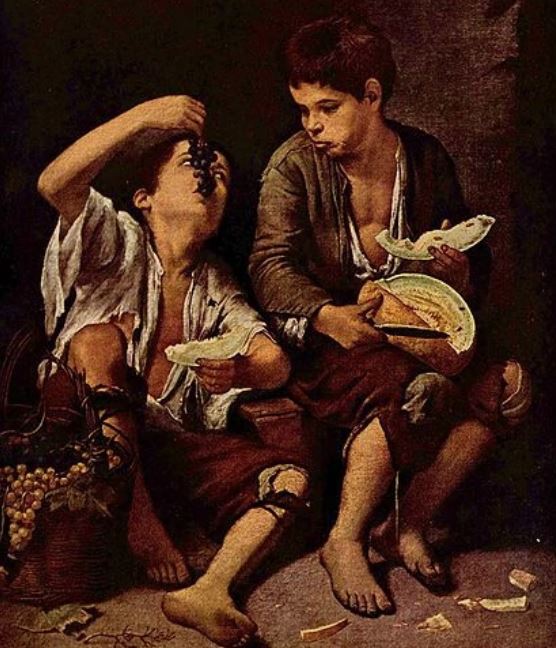
Cervantes wrote that the object was to reach 21 points without exceeding that number. He also explained that the ace was worth 1 or 11 points. Cervantes wrote this story between 1601 and 1602.
In the United States, gambling houses started offering bonuses in the game of twenty-one. One of the bonuses was a 10-to-1 payout for an ace of spades and a blackjack (jack of spades or jack of clubs). People began calling this hand a ‘blackjack.’ Hence, the name of the game today.
History of craps
The European game of hazard was developed by people in the United States into craps as we know it today. Hazard dates back to the Crusades (medieval times).
In approximately 1807, Bernard Xavier Philippe de Marigny de Mandeville, a young gambler, brought the game of hazard from London back to New Orleans. De Marigny was from a wealthy family of colonial Louisiana landowners. He simplified the game so that the main number was always seven.
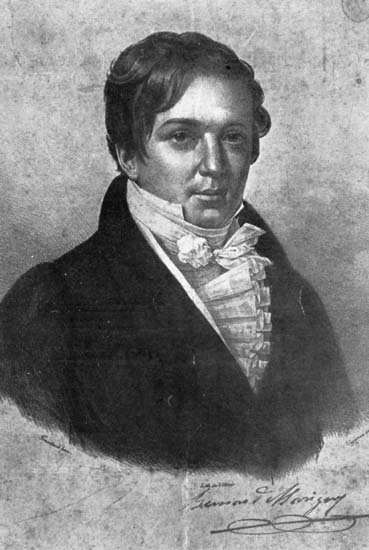
De Marigny gave the game its new name ‘craps.’ He even named his New Orleans real estate development craps.
Craps became extremely popular during World War II. Soldiers played the street version of craps. After the War was over, craps became the most popular gambling game in postwar Las Vegas.
History of slots (slot machines)
Slot machines have been around for over a century. Sittman and Pitt of Brooklyn, New York, developed a machine that contained five drums. They contained fifty card faces. The game was based on poker. Their machine was the precursor of today’s slot machine.
Sittman and Pitt’s machine became very popular. It was not long before many bars across the city had a machine. Players inserted a nickel and pulled a lever. The drums would spin while the players hoped for a good poker hand.
There was no payout mechanism in the machine. Prizes depended on what the bar wanted to offer. For example, two kings might mean a free beer in one bar, but a shot of whiskey (UK: whisky) in another.
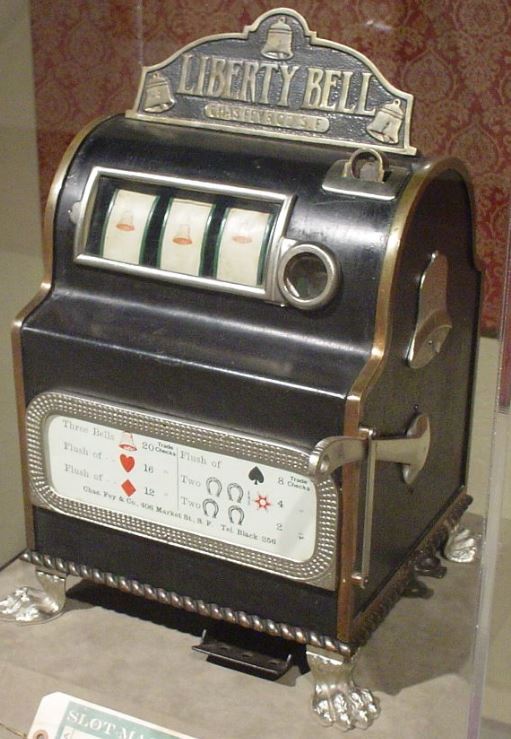
Charles Fey, a San Francisco mechanic, invented the slot machine as we know it today. He devised a significantly simpler automatic mechanism. His machine had three spinning wheels that contained five symbols each.
The symbols on his machine were hearts, spades, diamonds, a Liberty Bell, and horseshoes. The machine’s simplicity allowed Fay to device a payout mechanism. Fey’s machine was called the Liberty Bell.

